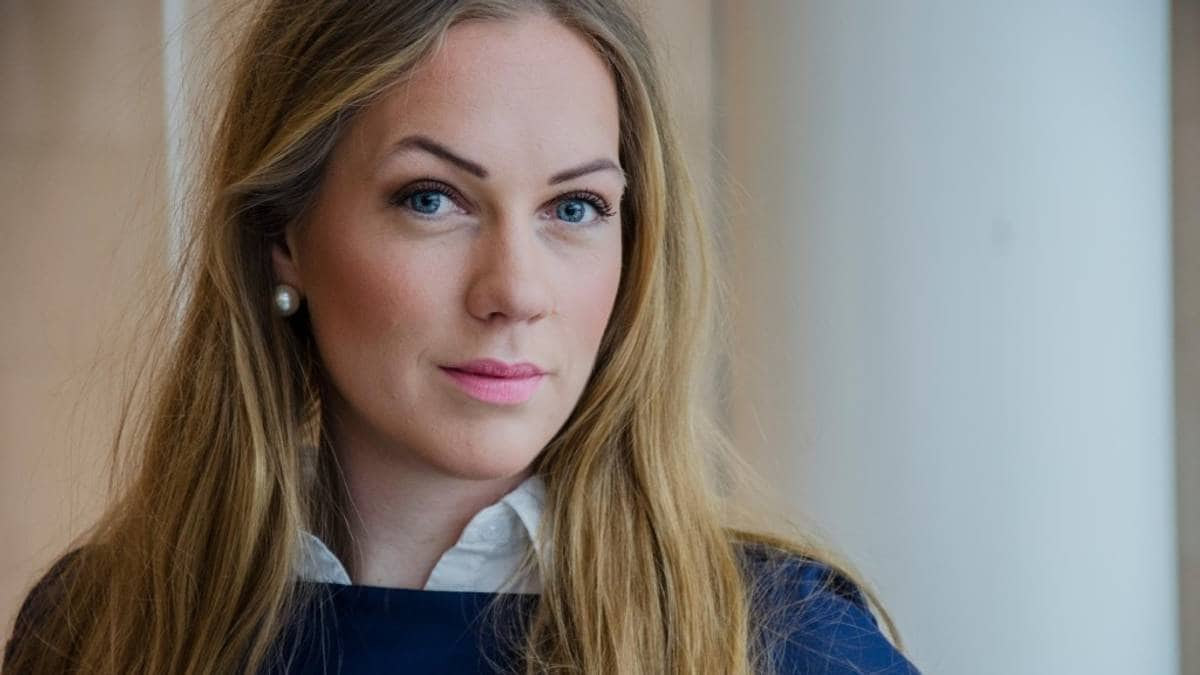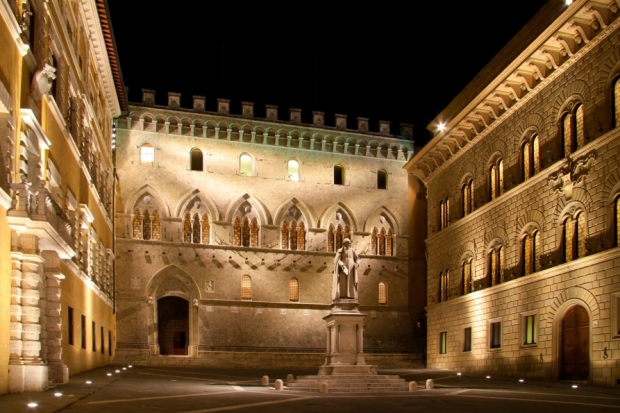Chronicle This is a history, written by an external contributor. The record expresses the positions of the writer.
Aboriginal – what is the definition of being able to call yourself that? What group can claim to be indigenous? I thought that people came to Earth first – like the Indians in America.
The first traces of reindeer herding by the Sami people in Norway date back to the 17th century. By that time, the Norwegian people had already lived in this country for more than 10,000 years. Can the Sami call themselves an indigenous people? The simple conclusion should be that the Norwegian race are the indigenous people of Norway.
I quote Odd Handegård on Facebook, where he says the following: “The Sami people were never indigenous to Norway. Just nonsense — the first Sami men arrived less than 2,000 years ago, when they had children with the women of the Norse people who lived in Finnmark AD 2-300.”
Before we take a closer look at the current situation in our dear country of Norway, I would like to refer to Section 1 of the Constitution of Norway, which states:
§ 1. The Kingdom of Norway is a free, independent, indivisible and independent kingdom. Its form of government is limited to hereditary monarchy. Amended by Resolution November 18, 1905, and Constitutional Resolution May 6, 2014 by Resolution No. May 9, 2014 No. 613.
According to Store Norske Lexikon, there are several national minorities living in Norway: Roma (Tatars), Roma (Gypsies), Jews, Kvens and Forest Finns. For all groups, it is unfortunate that we are not able to live together and respect each other in Norwegian society, with our cultural diversity.
What happens instead is that demands for special treatment and special benefits are put forward, which contributes to an increase in apartheid. One Sami group in particular, the Sami reindeer herders, with their political party Norske Samers Riksforbund (NSR) behind them, appears to be gaining ground for their demands.
I argue that paganism is a dangerous way of uniting all the inhabitants of a country. By allowing one ethnic group to have special benefits, the nation is not united, but fragmented.
The current issue is Parliament’s decision to include the Sami people as an “indigenous people” in the constitution.
What will be the future of all lands outside urban areas, when the upgrade from LNF to LNFR (R stands for reindeer husbandry) zone is complete? Will this lead to all construction in the hinterland being entirely dependent on what the Sami Parliament decides?
A bit of history: When proposals were made to dam the Alta River, there was great opposition among all those who had fishing rights along the river. Then the Semites rose up against the protests and thought that this was a Semitic matter – it would harm Semitic culture. But the river is developed, ie. With the help of the police force, which expelled the demonstrators.
After that PT felt guilty. To make up for it, genius came into play. The Labor government paid for leniency by creating an advisory Sami body called the Sami Parliament.
The advisory body of the Sami Parliament has now evolved into a center that stands as a counterpoint to national unity. This is because Sami law contains the duty of the state, county assemblies and municipalities to consult the Sami parliament and other Sami interests on matters of concern to them.
An example is the case of establishing a tourist facility in Lille Rostavatnet. The argument put forward is “negative consequences for reindeer husbandry”. This means that there is no reindeer husbandry in Rostadalen! When Minister SP Sigbjørn Gjelsvik uses such an argument, it should be with a firm pen, with the aim of fulfilling the duty of consultation exercised in the closed and confidential room.
The background to all this is that Norway has ratified ILO Convention No. 169 and thus follows a number of international legal requirements. It will be the price to pay for the rest of Norway’s population.
What do the High, NSR readers, want from their political activities? Is it a two-state country, with its own internal borders or is it a protectorate for those who are approved to be rightful Sami? Isn’t this a slap in the face of something we didn’t like about South Africa, the former apartheid country?
Surprisingly and somewhat paradoxically, of the other Sami groups, such as the Sea Sami, the Scot Sami/Eastern Sami, and from the Kven, they are quieter and more peaceful than all. It is always the NSR’s reindeer herders who complain to the Kingdom of Norway to the United Nations for violations of international human rights conventions.
Henrik Wergeland wrote in his day: We are a nation, we are small at one cubit’s length, a country to rejoice in, and we are many.
exactly! Can we make this work because we all have equal rights, even if you’re “at arm’s length” or taller? The alternative is for Norway to become a two-state country, a “federal state of Norway” or a “union of Norway” with Sapmi and the rest of the population?
The Sami population has a record of more than 20,000 inhabitants, while the population of Norway is over five million. Are the ratios then in place in the management account?
My hope for the future is that everyone who lives in the Kingdom of Norway, even of different origins, will be proud to be a citizen of this great country – and May 17th is National Day!

“Explorer. Unapologetic entrepreneur. Alcohol fanatic. Certified writer. Wannabe tv evangelist. Twitter fanatic. Student. Web scholar. Travel buff.”




